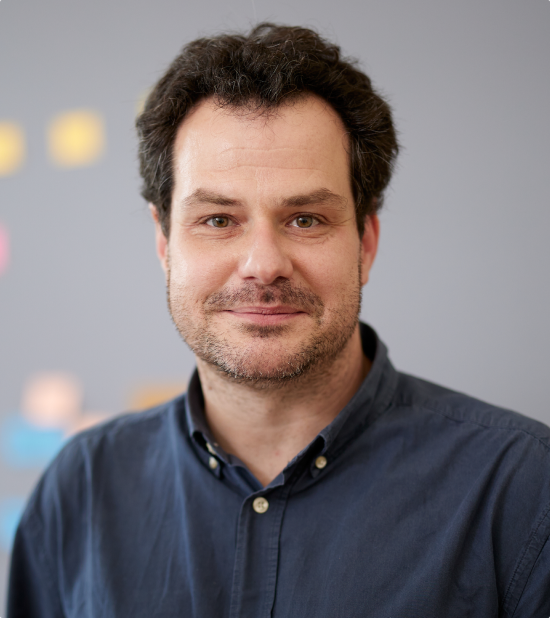Our proposal focuses on the activation of Népliget using various tools, improving its public safety perception, and simultaneously provides a solution for ensuring the long-term preservation of its current values. The principle of gradual change and multiple small-scale interventions facilitate the early start of rehabilitation and a shift in the park's perception, thereby making long-term development based on demand. Instead of forceful intervention, this approach creates room for resource-rationalizing, ecologically-focused, demand-responsive solutions.
Also worked on this project: Eszter Juhász, Madácsi Flóra, Győrfi Dániel.
